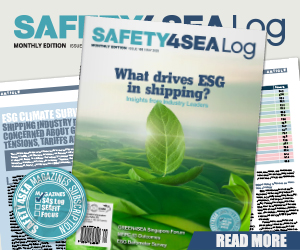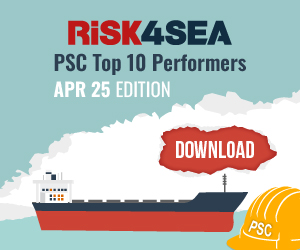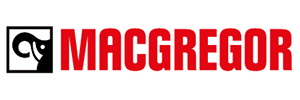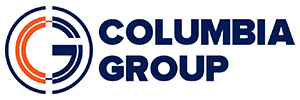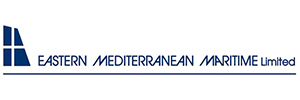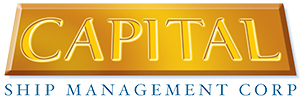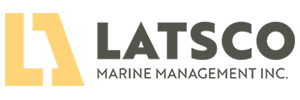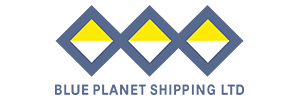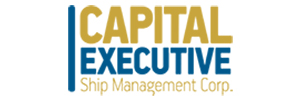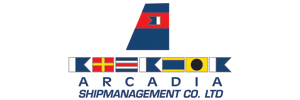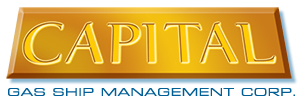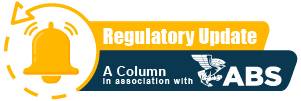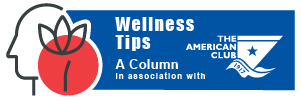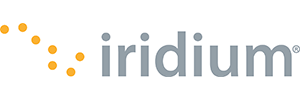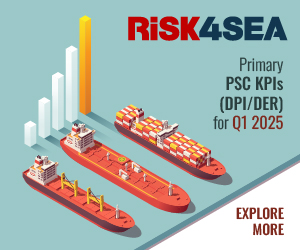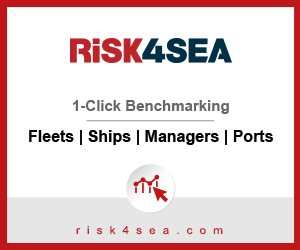The safety of both crew members and passengers aboard ships is of paramount importance. The storage and distribution of potable water aboard vessels presents a unique challenge, particularly in a confined environment. Proper management is critical to prevent bacterial contamination and ensure the water remains safe for consumption.
Freshwater onboard large ocean-going vessels serves multiple purposes. Not only is it used for drinking and food preparation, but it also plays a vital role in protecting the ship’s plumbing and fixtures from corrosion, which can be caused by exposure to saltwater.
Efficient desalination systems can convert seawater into potable water, meeting the needs of different types of vessels. Potable water is essential for a range of activities, including:
- Preparation of hot and cold beverages such as coffee, tea, and powdered drinks
- Ice cube production for beverages
- Reconstitution of dehydrated foods like soups, noodles, and infant formula
- Washing and preparing food
- Direct consumption from cold-water taps and fountains
- Reconstitution and ingestion of medications
- Brushing teeth
- Washing hands and face, bathing, and showering
- Dishwashing and cleaning of utensils and workspaces
- Laundering clothes (potentially using a lower grade of water)
- Emergency medical uses
Regulatory guidelines
The ILO Convention C133 (Accommodation of Crews [Supplementary Provisions] Convention, 1970) sets minimum standards for potable water provision and has been ratified by many countries. Similarly, the MLC, 2006, provides comprehensive protections for seafarers, consolidating over 65 international labour standards relating to seafarer welfare, including provisions for drinking water on board.
Under the Maritime Labour Convention (MLC), seafarers must be provided with adequate quantities of food and drinking water, considering the number of crew members, their cultural and religious food requirements, and the nature and duration of the voyage. The food and water provided must meet quality standards, be within expiry dates, and offer nutritional value and variety. Additionally, seafarers cannot be charged for food and water.
The IMO Life-Saving Appliance Code (2010) also addresses potable water requirements for rescue boats, while other international standards outline the sanitary design of ship water supplies and potable water quality assessments.
Key considerations for potable water safety
Improper management of water can serve as a direct route for infectious disease transmission on ships. Most waterborne outbreaks on vessels occur when water is contaminated with pathogens from human or animal waste. While chemical contamination is less common, it can still pose a risk.
To safeguard the health of passengers and crew, potable water on ships must be protected by multiple layers of safety measures. This “multiple-barrier system” spans from the water source on shore, through the ship’s distribution system, treatment, and storage, and finally to each water supply outlet. These barriers prevent contamination throughout the entire process.
Even if the water at the port of origin is deemed safe, it is not guaranteed to remain safe once it enters the ship’s systems. An understanding of the entire drinking-water supply chain aboard the ship helps to pinpoint potential contamination risks at each stage of the process.
Waterborne disease outbreaks have been linked to poor-quality bunkered water, underscoring the importance of ensuring the water taken onboard meets safety standards.
Drinking water supply management
- Drinking water storage tanks must be cleaned and disinfected at least once every two years, or more frequently if contamination is detected through testing. This process should occur during dry or wet docking.
- Drinking water loading hoses should be thoroughly flushed before each use and disinfected at least every six months. The hoses should be stored properly, with caps to prevent contamination.
- Shipowners are responsible for ensuring that drinking water taken on board meets the required quality standards. Regular monitoring, in line with the
- WHO Guide to Ship Sanitation, should be conducted to confirm that the water is free from microbial and chemical hazards.
- Drinking water on board can be tested using portable test kits, and a water quality report should be available before taking on water at any port.











































